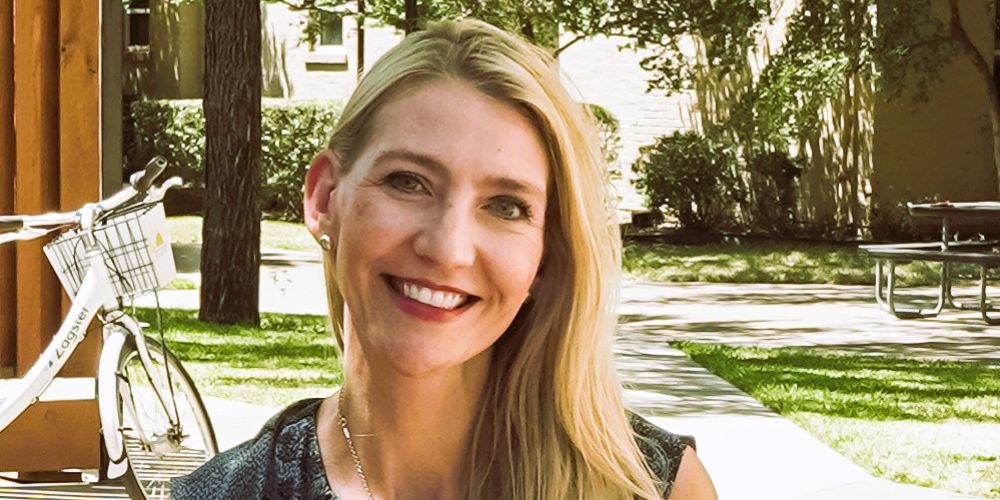UTA researcher advocates for sleep education

As a mental health professional, Christine Spadola has seen the power of sleep firsthand.
“As a practicing psychotherapist, I remember noticing how my clients’ mental health improved when they slept better. I also remember reflecting on how sleep health promotion was not a part of my graduate school training.”
But despite what a good night’s rest can do for both clients and the social workers who serve them, lessons in the benefits of sleep are not part of required social worker curricula, according to Dr. Spadola. It’s a fact that she wants to change.
“It is alarming to see data showing that social work students are not getting enough sleep. One of our goals was to educate social work students on sleep so they can promote sleep health among their clients as well as improve their own sleep habits.”
In new research funded by the American Academy of Sleep Medicine Foundation and published in the journal Social Sciences, a team led by Spadola examined the impact sleep education can have on students personally and professionally. Ninety social work students completed an online course designed to provide education on healthy sleep behaviors; stress the importance of referring clients to a primary care provider or sleep physician when needed; describe the impact sleep health can have on particular groups, such as children, substance-using populations and those experiencing homelessness; and provide evidence-based resources.
On average, participants showed an improvement in sleep knowledge, with more than 95% reporting that the training was helpful for their social work practice. They also demonstrated a significant improvement in their sleep quality after completing the educational module.
Spadola says that research findings like this are helping support the true impact good sleep health can have on a person.
“Research is now indicating a causal relationship between suboptimal sleep and mental health challenges, including depression and anxiety,” she said. “Research is essentially demonstrating how essential sleep is for mental health, and I hope behavioral health training programs start incorporating sleep health into the curricula.”
With additional research and advocacy, Spadola hopes to make sleep health training like this available to the public. She says that findings like these are just the first steps to making a bigger difference.
“We’re learning the importance of sleep, but we still have a long way to go. If social workers and the behavioral health workforce as a whole can help promote that message, it could go a long way to support population and mental health and even be a way to alleviate health disparities.”